Building a sustainable future for everyone
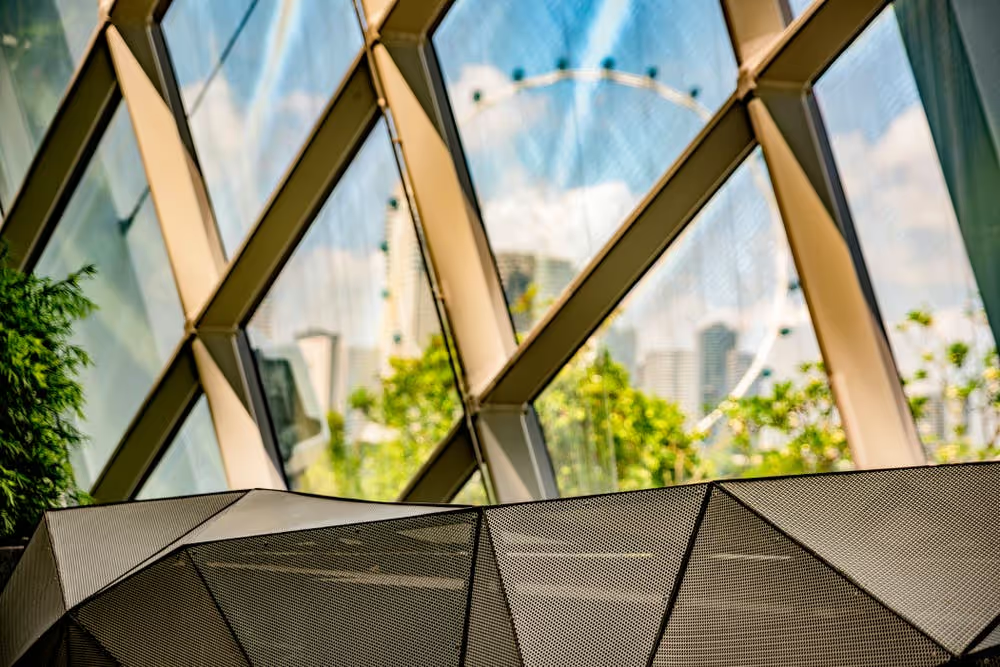
Sustainability is at the core of everything we do.

Our Net Zero commitments are a fundamental priority. Under Scope 1 and 2, we’ll see all our sites using alternative fuels, deploying energy-saving initiatives and utilising renewable energy tariffs across our entire operation.
We’ll deliver our Scope 3 compliance by 2045 through three phases:
Phase One
2025 / 26
Set carbon baselines, identify innovations against our key packages (steel, concrete, façade, temporary works, building services, finishes and drylining), and support small and medium-sized enterprises (SMEs) with training and technology adoption.
Phase Two
2030
Overcome current limitations and drive sustainable construction forward through strong partnerships with our supply chain and the adoption of new solutions that support our goals.
Phase Three
2030-2045
Push innovation even further. Develop cutting-edge technologies to drive the industry toward more efficient, low-carbon practices that can address and close the sustainability knowledge gaps in the industry.
Sustainability
Ensuring a Sustainable future
Salvo and Archanna, our Principal Sustainability Manager and Group Sustainability Manager, explain why this is one of McLaren’s top priorities. They’ll share how, across all projects, we focus on material efficiency, empowering circularity, and reducing embodied carbon through smarter design, procurement, and construction.

Sustainability & Supply Chain Integration
Throughout the entire build process, we champion innovative design, procurement, and construction methods to minimise waste and reduce embodied carbon across all our projects.
Our Sustainability and Supply Chain teams stay continually updated on emerging innovations, upskill subcontractors and suppliers, and strengthen our resilience in sourcing sustainable materials.
McLaren's Innovation Pathways

We believe in early collaboration with our stakeholders, exploring innovation pathways, and reducing carbon emissions. Working together, our Sustainability and Project teams create strategic roadmaps and understand the feasibility of implementing innovations on projects, considering carbon, cost, programme, and design implications. This allows our clients to make informed decisions tailored to their projects, which also benefits the wider community.
.avif)
We prioritise retention, reuse, and recycling of materials, and we view our existing buildings and refurbishment projects as material banks. Where possible, we strive to create a fluid market where our competitors are also our collaborators.
We work closely with organisations like Reusefully and Maconda to identify and catalogue materials for reuse at project inception. We collaborate within, as well as with, the wider industry to keep valuable resources in circulation. We’re also patron members of ASBP (The Alliance for Sustainable Building Products).
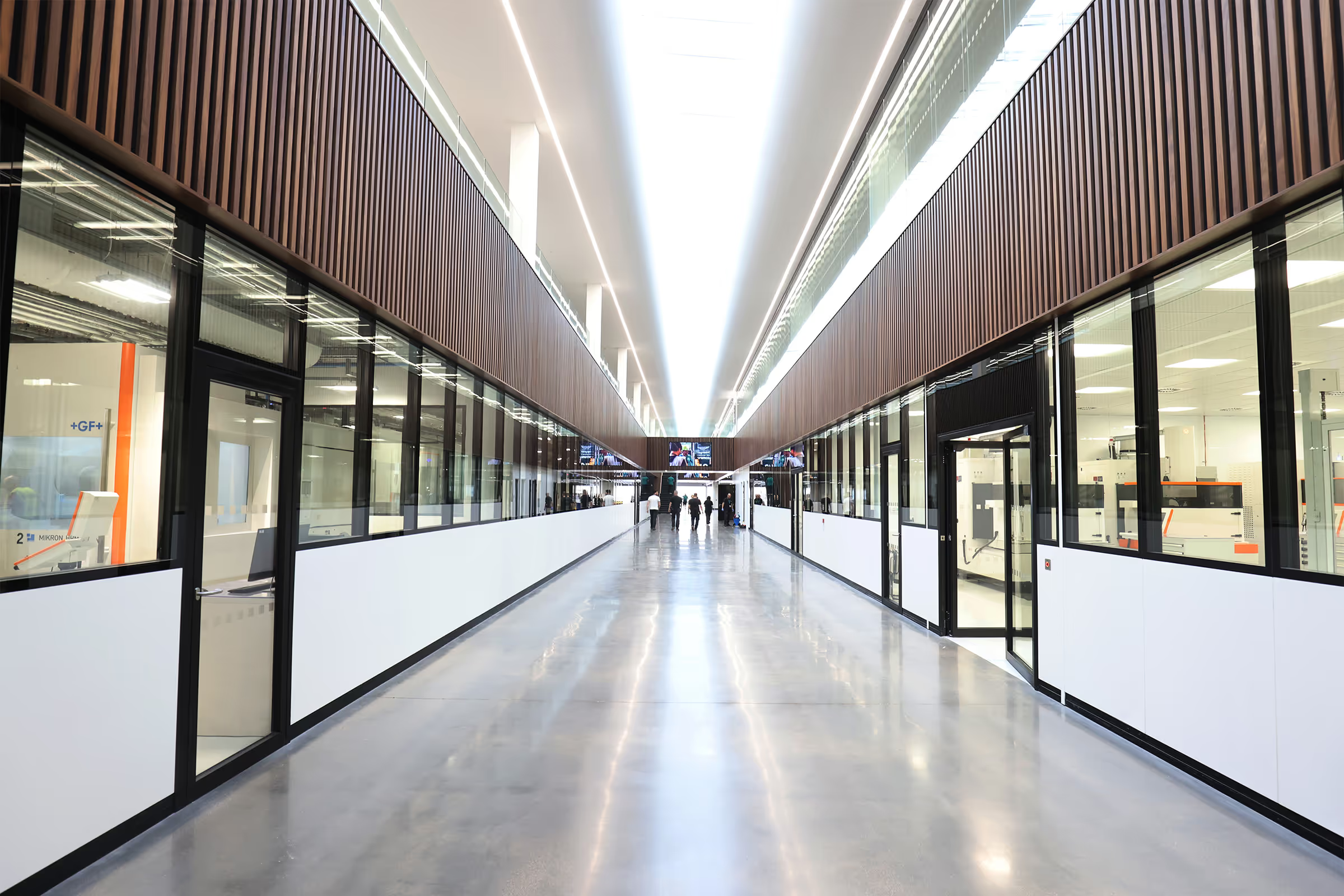
Design is where some of the biggest impact lies. We start early and choose wisely – finding engineering solutions to optimise design and material specifications.
Our Project teams also conduct Optioneering workshops during tender and project kick-off to challenge design and specifications. We focus on our successes and lessons learned from previous projects, using them to maximise efficient and sustainable outcomes.
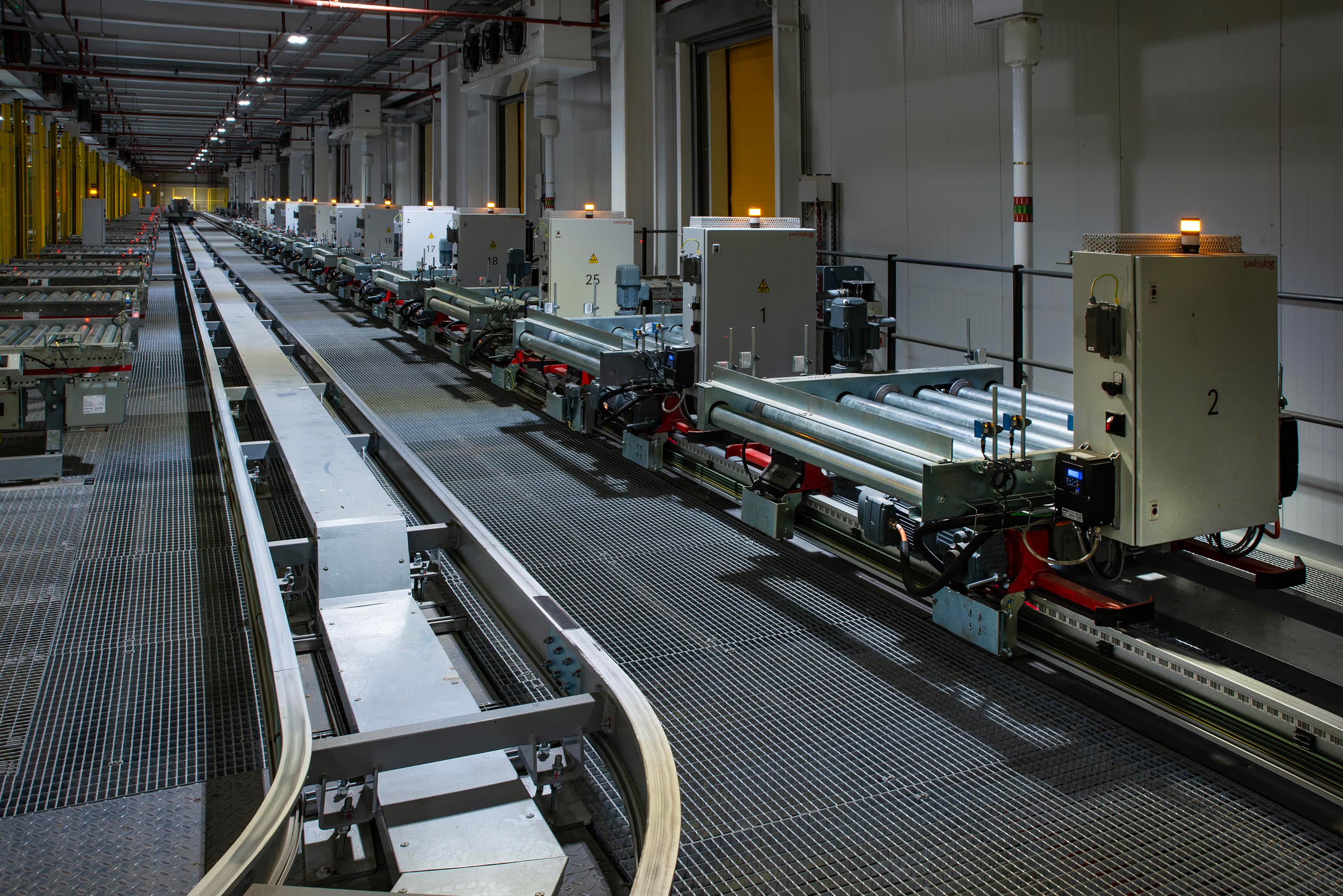
Once carbon reduction through circular economy and design solutions have been embedded and implemented, the use of lower carbon alternatives is also explored.
The sustainability and supply chain teams are consistently on the look out for innovative materials and technology, by engaging with suppliers and simultaneously expanding our approved sub-contractors and recommended supplier list.
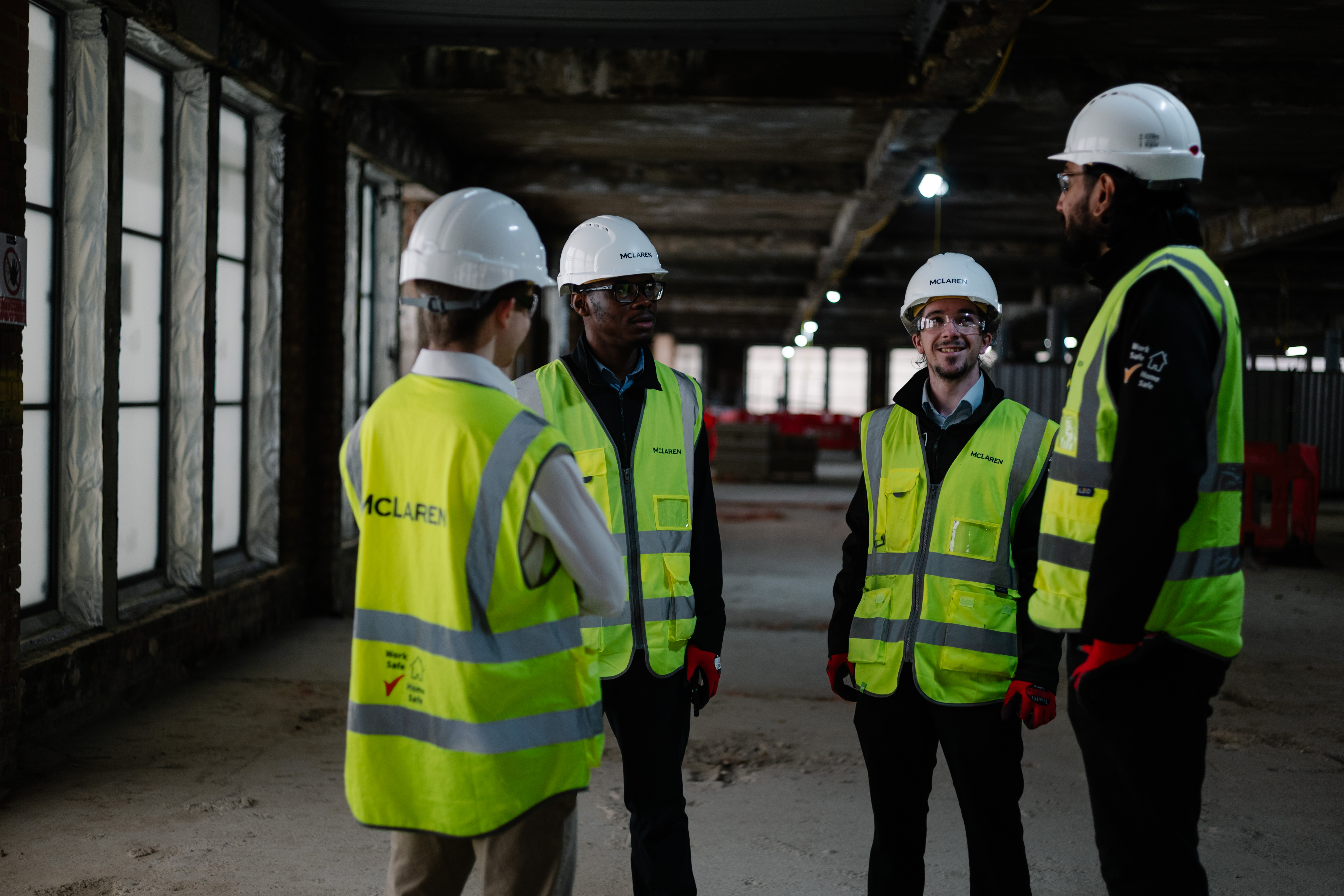
We’re lowering the carbon emissions of our construction site activities, the fuels we burn, and the power we consume. So far, this has helped us achieve our Scope 1 and 2 reduction commitments.
All McLaren sites now use HVO fuel instead of diesel, as well as REGO tariffs on all projects connected to the grid. We’ve also implemented Pallet Loop for waste reduction, AI-powered sockets to reduce electricity consumption, photovoltaic panels, and Flybrid Generator flywheels to eliminate fuel usage on our sites.
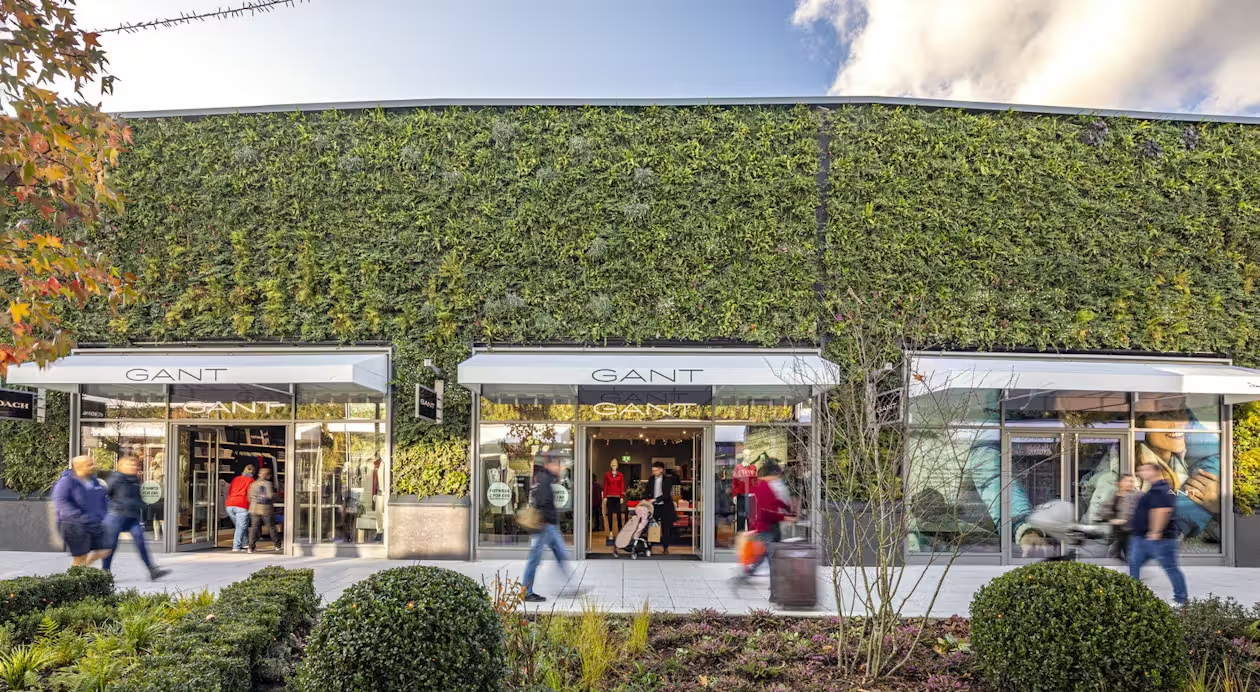
Certifications
Our team continues to deliver Sustainability Certifications, such as BREEAM, WELL, LEED, Passivhaus, and NABERS UK, for our clients, not only to achieve project targets but also to set a standard for responsible construction across the industry.
Key Contacts



